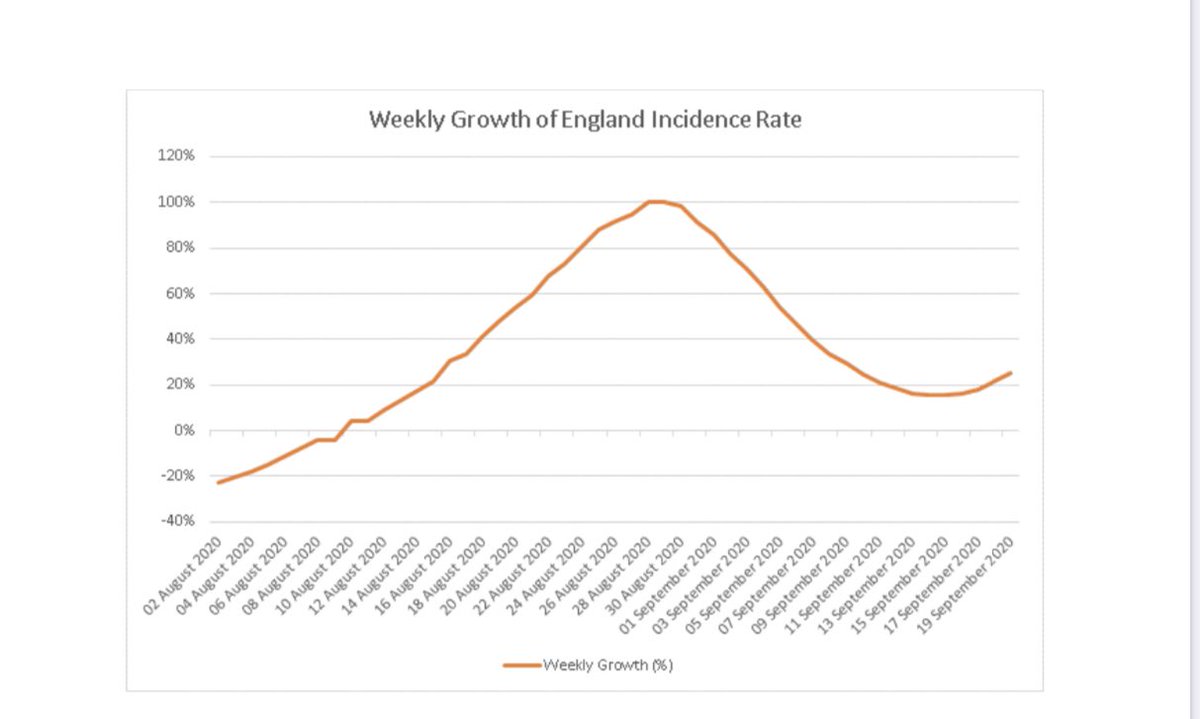
Re Kate Bingham's interview with @FT, where she says that vaccinating the whole population is "not going to happen" and would be "misguided", she is deferring the holy grail of herd immunity for months beyond next spring, and saying we will be living with the virus for years...
Because as chair of the UK Vaccine Taskforce, she is saying that only the old, vulnerable and those working in healthcare settings will be vaccinated. In other words the vaccine would be protection for those most likely to become acutely ill or whose services are most needed...
But all the evidence shows that young people are the principle spreaders of the virus, which would still be in the community. And we would still need to maintain social distancing, since we could never be confident that a vaccine would deliver...
total protection to the frail and elderly. Obviously these decisions feel a bit premature, pending approval of a vaccine or vaccines, and we understand what kind of protection it provides. But in other countries there is an active debate about the benefits of whole country...
vaccination. And vaccine specialists tell me that - paradoxically - the vaccine is more likely to be effective on young spreaders than on the old. So it is slightly odd perhaps that Kate Bingham wishes to close down that debate here.
• • •
Missing some Tweet in this thread? You can try to
force a refresh



